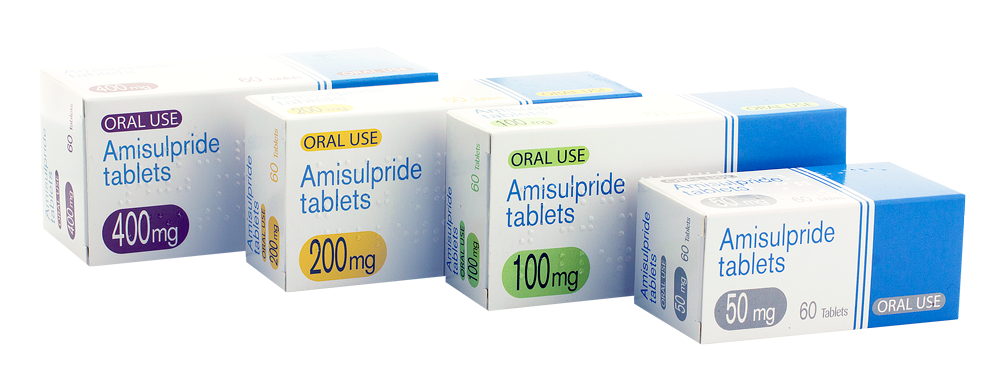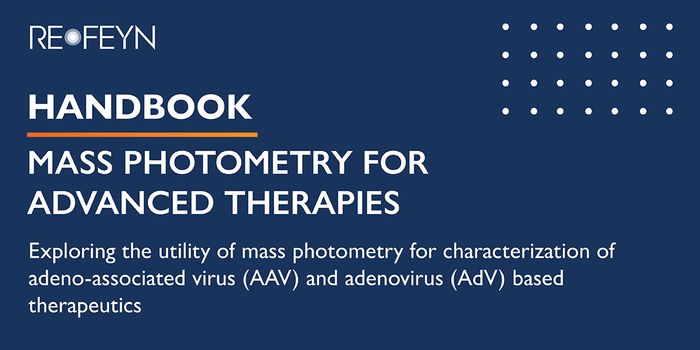Treatment for Post-Surgical Nausea and Vomiting
Amisulpride, a drug developed for the treatment of schizophrenia, was studied to be effective in preventing postoperative nausea and vomiting (PONV). The drug was seen to decrease the development of PONV when used in combination with a standard anti-nausea treatment; administered intraoperatively.

"Tens of millions of Americans undergo surgery each year, and many suffer from nausea and vomiting after their operation," says Dr. Kranke, a professor of anesthesiology at the University of Würzburg in Germany."Post-operative nausea and vomiting contribute to patient distress, can delay recovery after surgery and increases hospital costs. Patients with multiple risk factors for PONV require a multimodal approach for its prevention, including using a combination of anti-nausea drugs with different mechanisms of action, since it cannot be predicted which pathway(s) will be active in a patient."

A significant factor associated with the development of PONV has a lot to do with gender; female surgical patients are more likely to be at risk. Other risk factors include a prior history of PONV, being prone to motion sickness, nonsmoking individuals, and those in need of opioids from the surgical-related pain. Not preventing PONV will cause nausea and vomiting to at least 60 to 80 percent of patients who exhibit at minimum three of the known risk factors. The current treatment options that prevent post-surgery nausea and vomiting include classes of corticosteroid and serotonin 5-HT3; which are given intraoperatively. However, this was never enough and an additional drug needed to be developed and administered in combination with previous treatments to maximize efficacy; "safe and effective anti-nausea drugs from other classes are needed to complement these," says Dr. Kranke, a lead researcher of the study.
Furthermore, the mechanism of Amisulpride works physiologically to inhibit dopamine signaling in the body. Comparable dopamine-blocking compounds were examined to prevent and treat post-surgical nausea and vomiting; however, these treatments are now disregarded due to associated side effects involving irregular heartbeats and movement disorders. Therefore, Amisulpride is safe and effective in comparison to the other known drug treatments.
The research study, published in the journal Anesthesiology, examined 1,147 adult patients that were administered general anesthesia and undergoing elective surgery, and who also possess at least three or four of the PONV risk factors. The patients were randomly matched to a type of amisulpride administration and with an additional anti-nausea drug treatment with a placebo. Investigators concluded that high-risk surgical patients receiving a low dose of intravenous Amisulpride in combination an anti-nausea drug (from a different class of compounds) were safe and effective. "This could enable improved control of PONV and allow for earlier mobilization and discharge of surgical patients," Dr. Kranke said.
As of now, the U.S. Food and Drug Administration is reviewing the use of Amisulpride.
Sources: Anesthesiology, Medical Xpress








